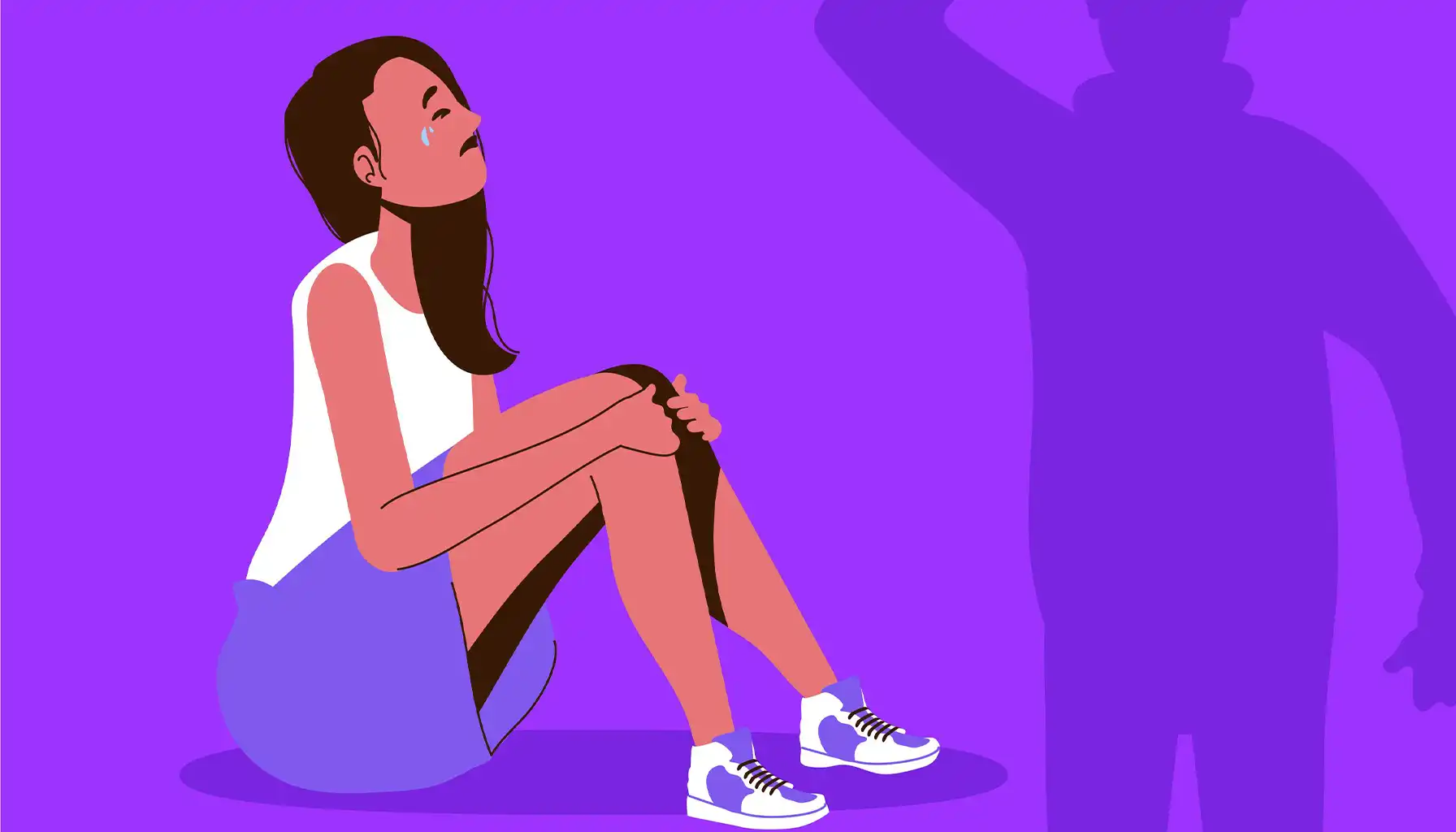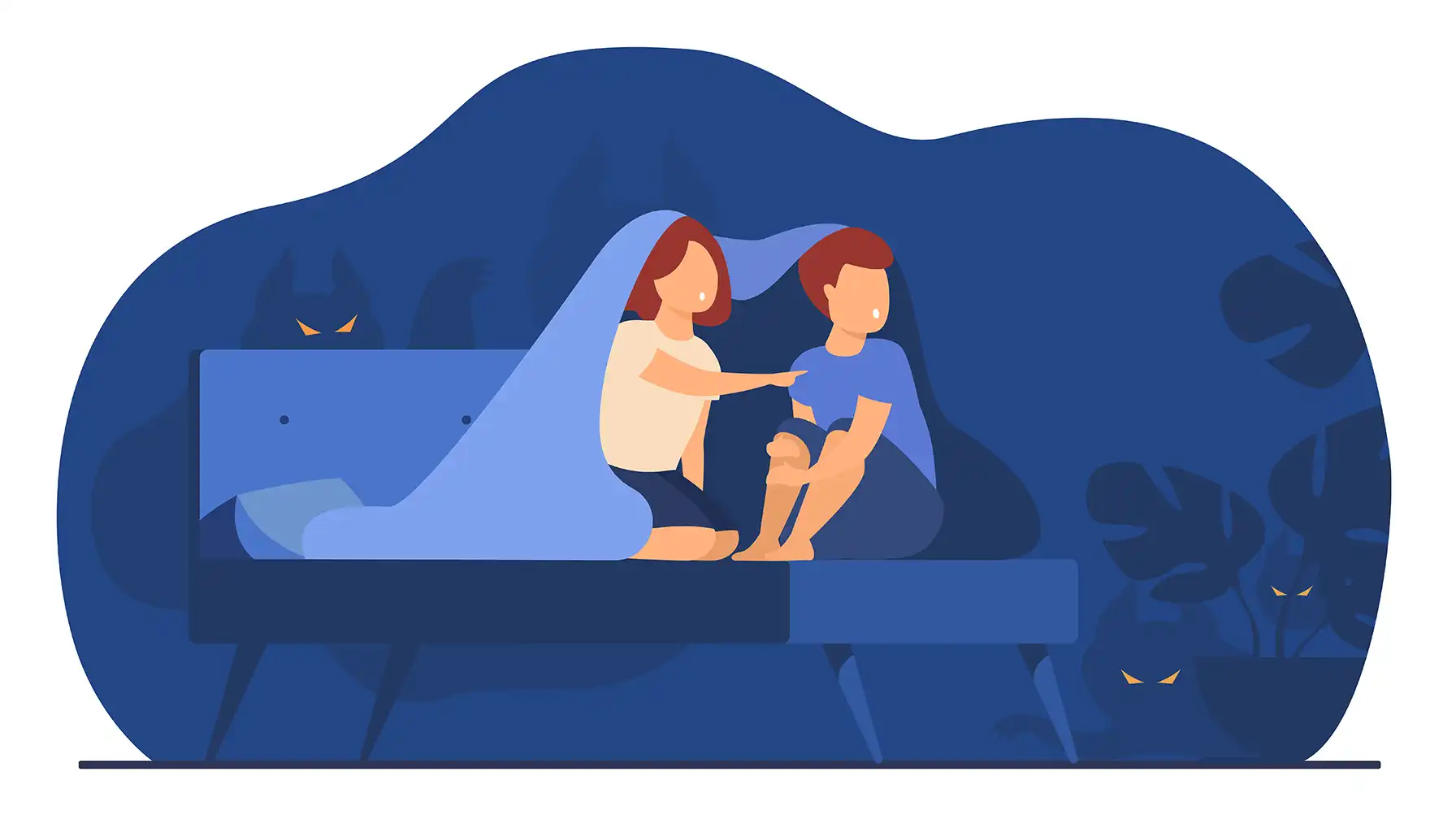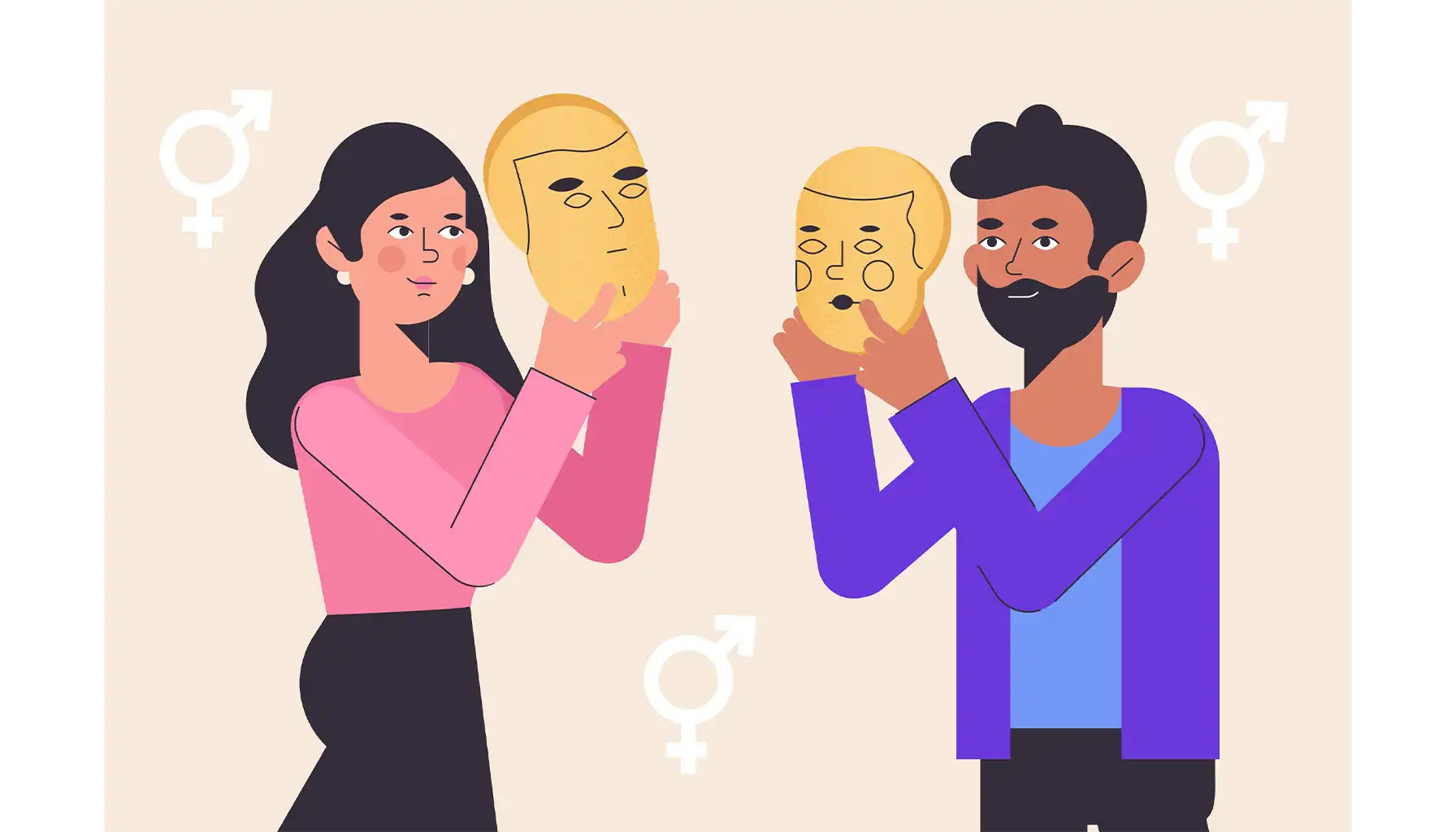The Curious Case of Paraphobia: Meaning, Definition & More

Contents:
The world is as diverse as one may imagine, and little do people know about its peculiarities and traits that may shape the way we live and behave. Sometimes, these are never hidden and can be perceived on the spot – others lie beneath the surface, subtle and mysterious, concealed and unresolved.
Among them are the fears that gradually change the course of living and affect our choices, reactions, and interactions. One of the most intriguing and yet controversial examples is paraphobia, i.e., an uncommon fear of developing sexual perversions or having sexual thoughts, desires, or behaviors that a person perceives as abnormal or immoral.
But what is the paraphobia meaning? Where to seek treatment, and how can cognitive training be incorporated to make this experience even more rewarding than before?

What is Paraphobia?
Some phobias remain too infrequent to be known by the general public (or, at least, those who suffer tend to conceal the problem for good). Paraphobia is an obsessive fear of developing sexual perversions or having sexual thoughts, desires, or behaviors that a person perceives as abnormal or immoral. Patients who appear to experience this type of deviation often go through intense anxiety, guilt, and shame over their sexual thoughts, even though they can be quite normal or harmless.
As for its mechanism, this specific phobia usually occurs as a part of a more complex mental health condition, e.g., obsessive-compulsive disorder (OCD symptoms) or genetic anxiety.
Etymological Note
The word paraphobia comes from two Greek roots, i.e., para (παρά), meaning “beside”, “beyond”, or “abnormal”, and phobos (φόβος), meaning “fear”. When put together, i.e., a fear that goes beyond what is considered ordinary deviant sexual desires and behaviors.
The Main Symptoms and Manifestations

Sometimes, fear and phobias can be quite obvious to observe, and their symptoms live up to their title. As such, it is almost always about a combination of signs that appeal to a paraphobia deviation simultaneously. So, what are the symptoms to be aware of?
Persistent Anxiety: Constant worry about developing sexual desires or behaviors considered abnormal (no matter who considers it to be).
Intrusive Thoughts: Recurring, unwanted sexual thoughts that trigger guilt or distress.
Excessive Guilt and Shame: Overwhelming feelings of self-condemnation whenever sexual fantasies or impulses arise.
Avoidance Behaviors: Reluctance or refusal to engage in sexual relationships out of fear of being “abnormal”.
Mood Disturbances: Depression, low self-esteem, or emotional instability linked to the phobia.
Physical Reactions: Panic attacks, restlessness, or somatic symptoms (like increased heart rate) when confronted with triggering thoughts.
These, however, may differ from person to person. The only thing that unites all the above-mentioned symptoms is the pervasive anxiety focused on what may feel foreign, forbidden, or out of place.
Causes and Triggers
Paraphobia is a true psychological impairment that does not have a single cause but rather a combination of psychological, social, and biological factors altogether. These usually include the following.

Psychological and Emotional Factors
Traumatic Experiences: Past negative encounters related to sexuality can leave long-lasting imprints, which trigger anxiety whenever similar thoughts arise.
Strict Upbringing: Those who were raised in environments where sexuality is forbidden to be talked about and expressed may develop excessive guilt and shame around sexual thoughts, which can evolve into phobic reactions.
Low Self-esteem and OCD Perfectionism: People who constantly judge themselves or hold rigid standards of “normality” are more prone to internal conflicts over their desires.
Cognitive and Behavioral Aspects
Obsessive-Compulsive Traits: The fear of developing a sexual “abnormality” often resembles OCD, with intrusive thoughts that take over one’s mind and body.
Catastrophic Thinking: Sometimes, even an innocuous fantasy may be misinterpreted as evidence of deviance – this is what those who suffer from paraphobia believe in.
Avoidance Behaviors: The more a person avoids sexual contexts or intimacy, the stronger the phobia becomes. This is the mechanism that fuels paraphobia right away.
Social and Cultural Influences
Societal Norms: Cultures with rigid definitions of “acceptable” sexuality often stigmatize diversity in sexual expression, and this intensifies the fears of being “different” (even in such intimate matters).
Religious and Ethical Beliefs: Apart from what is imposed by culture, there might exist strong beliefs about morality and guilt around sexual thoughts. In this case, they are no longer natural and remain forbidden (which should not be considered as a norm!).
Media Influence: Misrepresentation of sexuality in films, literature, or online spaces may exaggerate what counts as “abnormal”.

Biological and Neurological Factors
Genetic Predisposition: A family history of anxiety or phobic disorders can increase vulnerability, though this is not the rule.
Neurochemical Imbalances: Dysregulation in brain areas involved in fear and anxiety responses (such as the amygdala or serotonin pathways) may sustain phobic patterns – should be treated by healthcare specialists as soon as possible.
Coping Strategies and Treatment
Treatment is always vital, especially when it comes to phobias that worsen the course of life. The idea is to identify the root causes, challenge irrational beliefs, and gradually replace patterns with healthier ways of thinking. So, what could one do so as to ease this burden for good?
Steps to Cope, Heal, and Thrive
Strategy | Description | Why It Is Relevant |
Structured therapy that challenges irrational beliefs and teaches healthier thought patterns. | Helps reframe obsessive fears about sexuality and reduce guilt or shame. | |
Medication (if necessary) | Prescribed anxiolytics or antidepressants to manage overwhelming anxiety or intrusive thoughts. | Provides short-term relief and stability. Available upon the recommendation of healthcare specialists ONLY. |
Mindfulness & Relaxation Techniques | Practices such as mindfulness meditation, breathing exercises, and grounding techniques. | Reduce anxiety, promote self-acceptance, and interrupt obsessive thinking patterns. |
Brain Training | Cognitive exercises through apps like Mind Elevate with games targeting memory retention, attention, concentration, logical reasoning, math fluency, and musical perception. | Promotes focus, self-regulation, and resilience against intrusive sexual fears for one to manage and redirect anxious thought patterns more effectively. |
Support Groups or Counseling | Sharing experiences with professionals or peers in a safe, non-judgmental space. | Reduces isolation and reinforces that struggles with intrusive thoughts are more common than often believed. |
Healthy Lifestyle Habits | Regular exercise, sleep hygiene, and balanced nutrition. | Supports mental well-being and lowers general anxiety levels. |
Paraphobia does not define you. It is a challenge that can be understood and managed.





